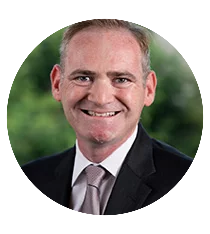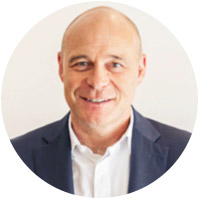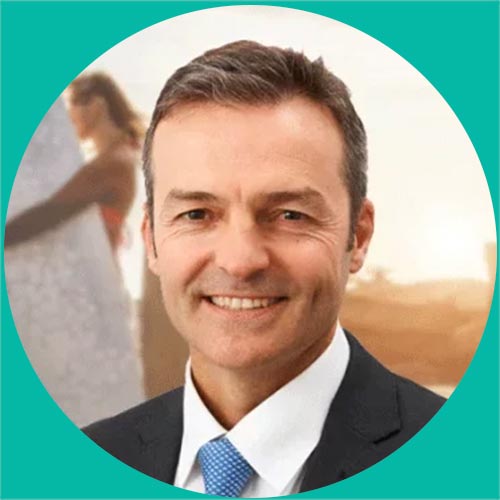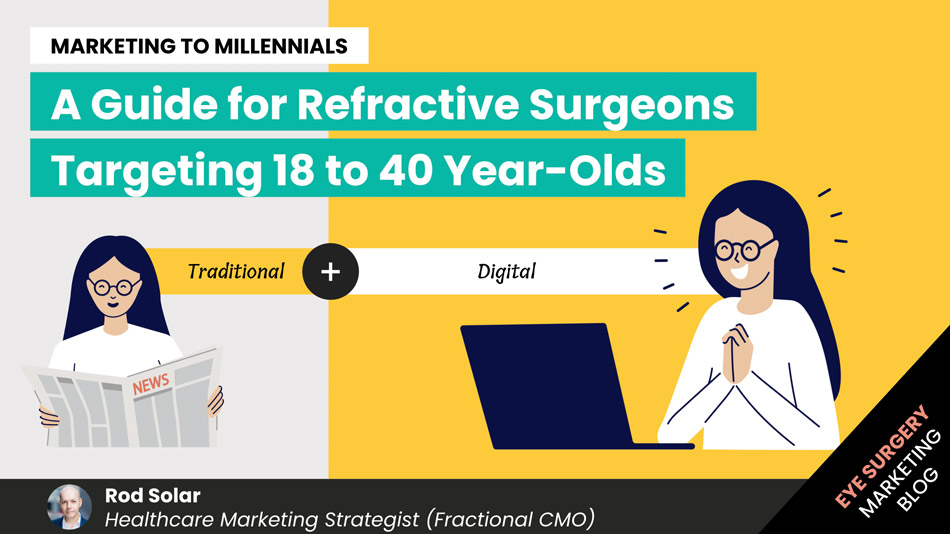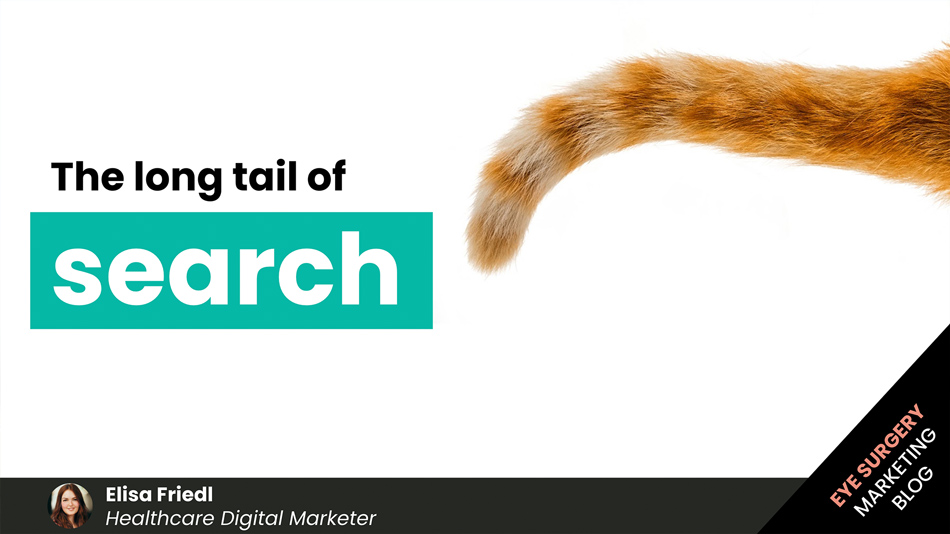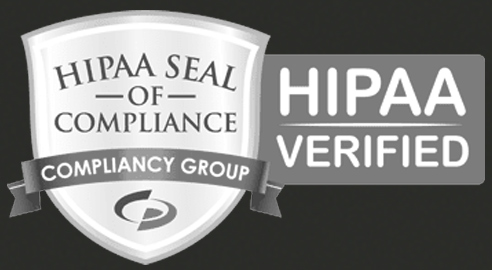How can your company’s brand advertising impact politics?
Psst….This is the second part of our 5-Part series on business and politics: How can your company’s brand advertising impact politics? Once you’ve explored this, you can also click on the links to read the related posts below (released weekly):

Does corporate advertising impact politics by influencing public policy in a more transparent way?
A more transparent approach to funding politics, with fewer (though not all) strings attached, is corporate advertising. The reason a brand might want to associate itself with a political position (progressive immigration policy, gender pay-equity, income inequality, climate change, etc.) is to demonstrate they share the virtues (or vices) of their market. It’s possible that a consumer might change their views on immigration because they love Coke, though unlikely.
There are negative sides to corporate advertising too. I could make an argument that advertisers can buy the media’s attitude to their interests and also influence whether the media will cover some stories and not others. For example, will the media still reasonably include climate change news if fossil fuel companies are buying their ad space?
Big brands frequently attempt to influence public favour by aligning themselves with the public’s prevailing political predilections (a practice that some right-wing proponents call “virtue signalling”).
A cursory review of this year’s Super Bowl ads ($6 million per 30-second spot) shows a decided lean towards engaging – often subtly and at other times quite obviously – in some of the most controversial political issues of the day.
Leading brewer Budweiser offered a subtle criticism of President Trump’s most recent Executive Order on immigration (aka Muslim Ban) by showing one of their immigrant founders being harassed and told “you’re not wanted here… go back home”. This ad prompted Trump supporters to #BoycottBudwiser. Unfortunately for the originators of the Twitter hashtag, the spelling mistake softened virality.
When asked to comment on the political undertone of the ad, the next day, the company also said in an emailed statement: “We believe beer should be bipartisan, and did not set out to create a piece of political commentary; however we recognize that you can’t reference the American Dream today without being part of the conversation.”
On the issue of multicultural and religious acceptance, Airbnb shared this ad called “We Accept”. Even better, they showed they meant it by actually helping refugees before, throughout and after the chaos of Trump’s travel ban.
Coca-Cola chose to feature the song “America, the Beautiful” sung in several different languages while featuring a montage of people of a wide array of races, sexual orientations, religions and ages in an attempt frame America as beautiful because of its diversity.
Automaker Audi chose to align itself with pay equity for women in their ad portraying a father contemplating how he’ll explain sexism to his young daughter as she competes against boys in a go-cart race: “Do I tell her… she will automatically be valued as less than every man she meets?”
84 Lumber produced a short film-quality ad which was shortened by Fox for being too controversial for TV. The ad features a Spanish-speaking mother and daughter enduring the many hardships involved in an arduous journey that ends blocked by a massive concrete wall.
While these ads may seem outside the realm of product-advertising and not directly involved in selling, the intended values alignment with key target market segments is trying to build brand loyalty. By stimulating feelings like inspiration, courage, aspiration and freedom, these advertisers appear to be seeking to provide a counter message about what “normal” is and also spread ideas and messages that cultivate an environment that supports the purchase of their products. Some critics have accused this kind of company political positioning as taking advantage of people’s suffering by aligning themselves to sympathetic political positions. What do you think?
Psst….This is the second part of our 5-Part series on business and politics. Click on the links to read the related posts (released weekly):

Related Posts
Meet our Co-Founders
We’re passionate about helping leaders of high-quality, growth-minded practice owners double their practice revenue
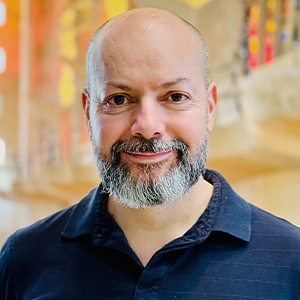
Rod Solar
Founder & Scalable Business Advisor
For over 20 years, I’ve helped ophthalmology entrepreneurs scale their private practices. I specialise in doubling revenue within three years by offering a proven framework, hands-on experience, and a team of experts who implement what works. We take the guesswork out of growth and scale, so you can focus on delivering exceptional patient care while maximising the value of your business.
LiveseySolar completely transformed the way we were approaching this… We’ve gone from having just the dream of having a practice to having a practice up and running with people making inquiries and booking for procedures… It’s extremely pleasing. We feel lucky we connected with LiveseySolar.
— Dr Matthew Russell, MBChB, FRANZCO, specialist ophthalmic surgeon and founder of VSON and OKKO
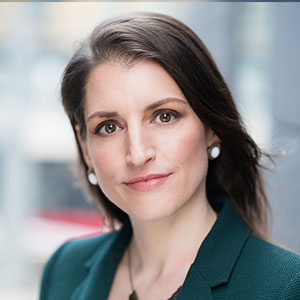
Laura Livesey
Founder & CEO
I’m the co-founder & CEO of LiveseySolar. I’ve developed powerful eye surgery marketing systems that increase patient volumes and profits for doctors, clinics, and hospitals, since 1997.
Rod and Laura know as much about marketing surgery to patients as I know about performing it. They are an expert in the field of laser eye surgery marketing. They know this industry inside out. I believe that they could help many companies in a variety of areas including marketing materials, sales training and marketing support for doctors.
— Prof. Dan Reinstein, MD MA FRSC DABO, founder of the London Vision Clinic, UK


